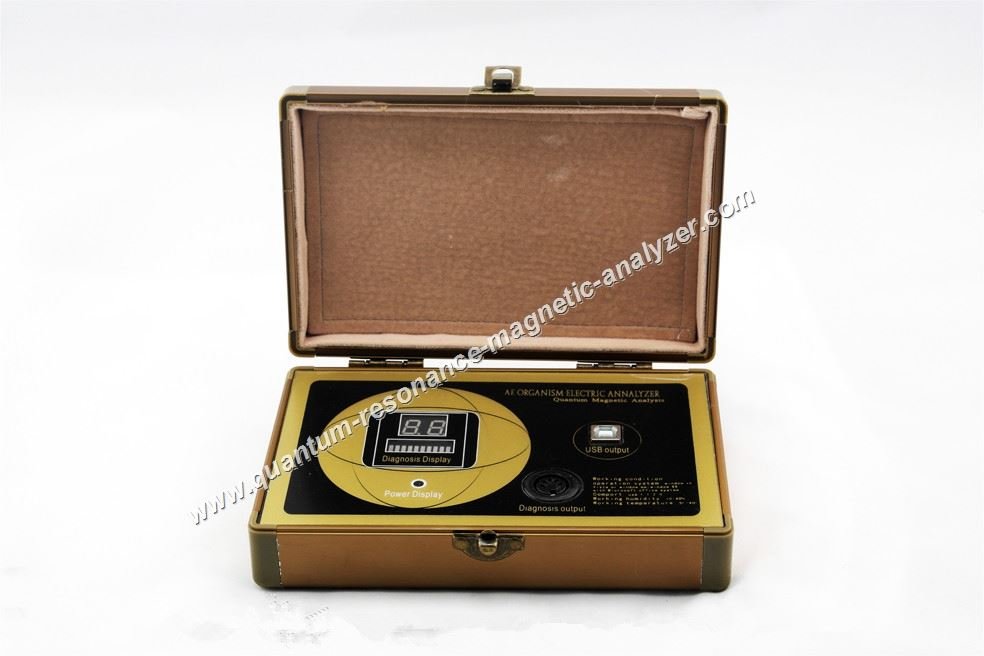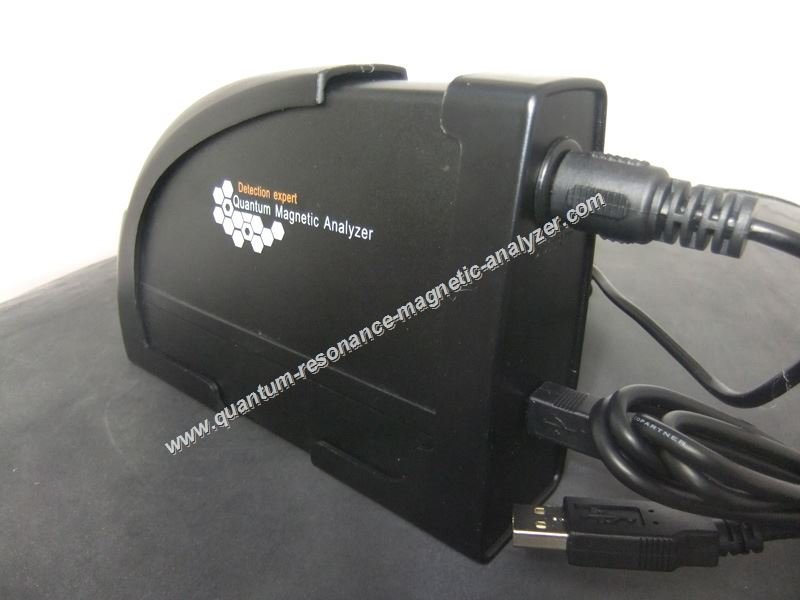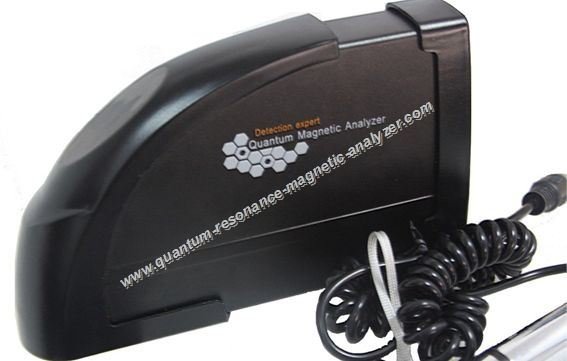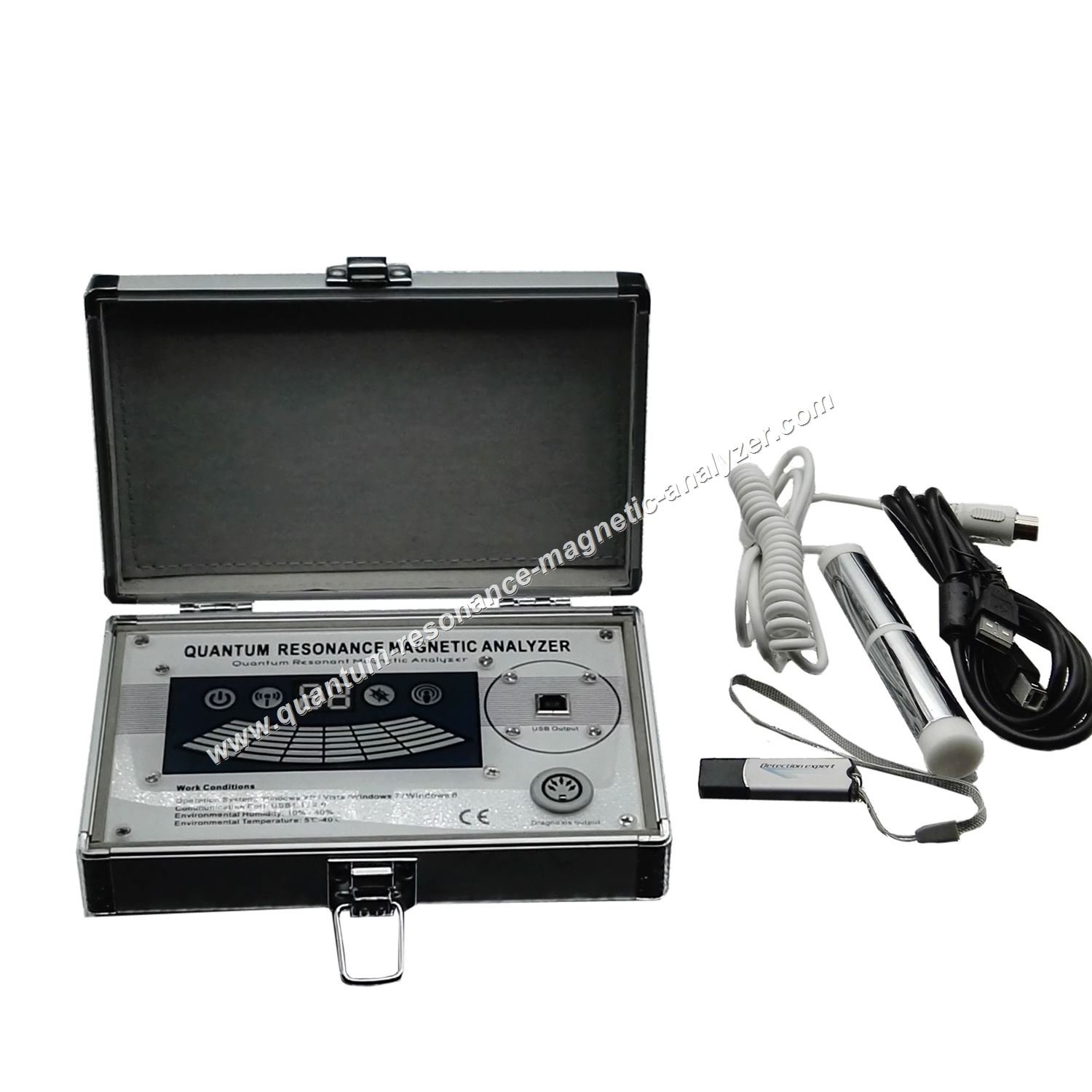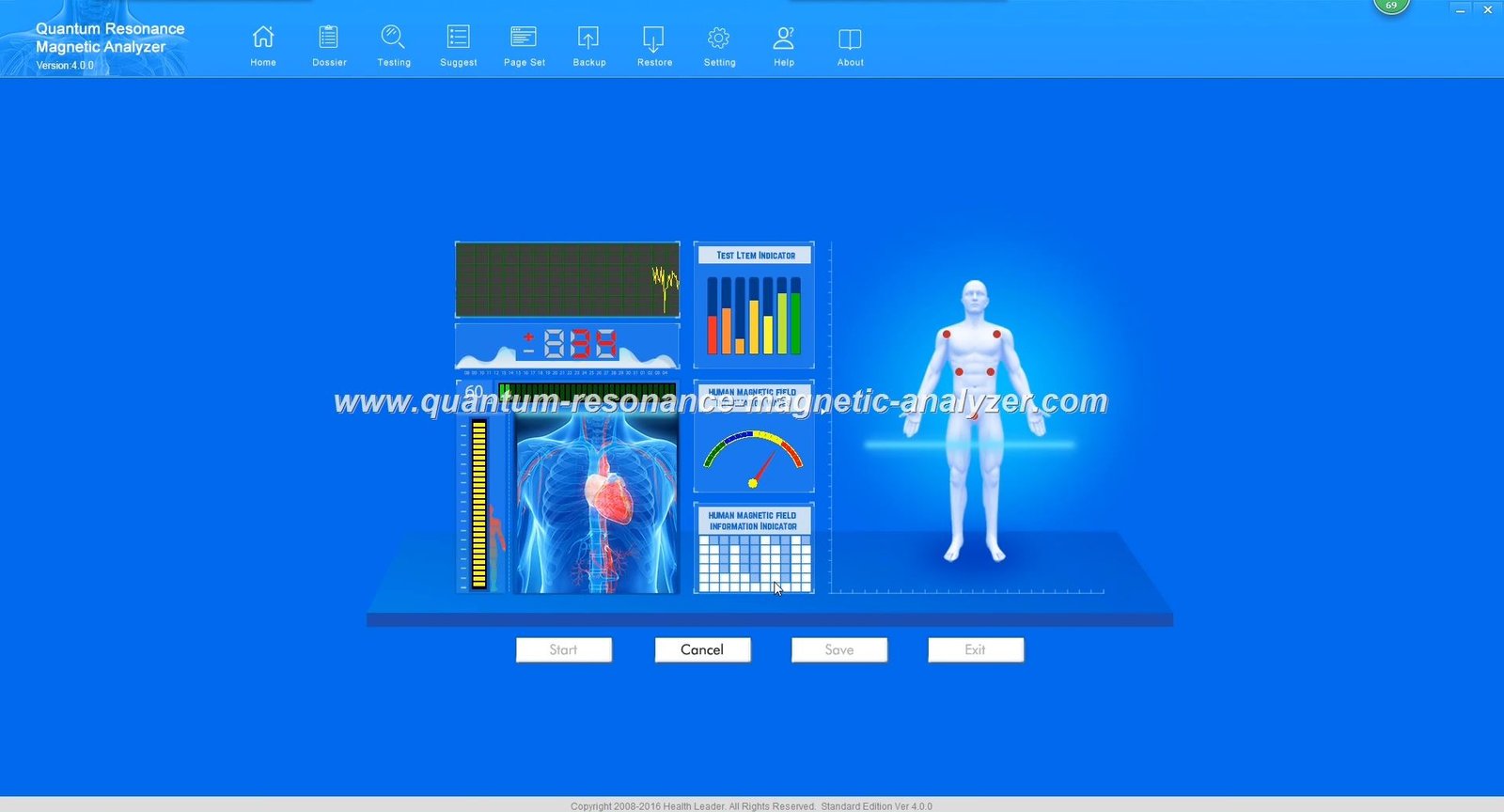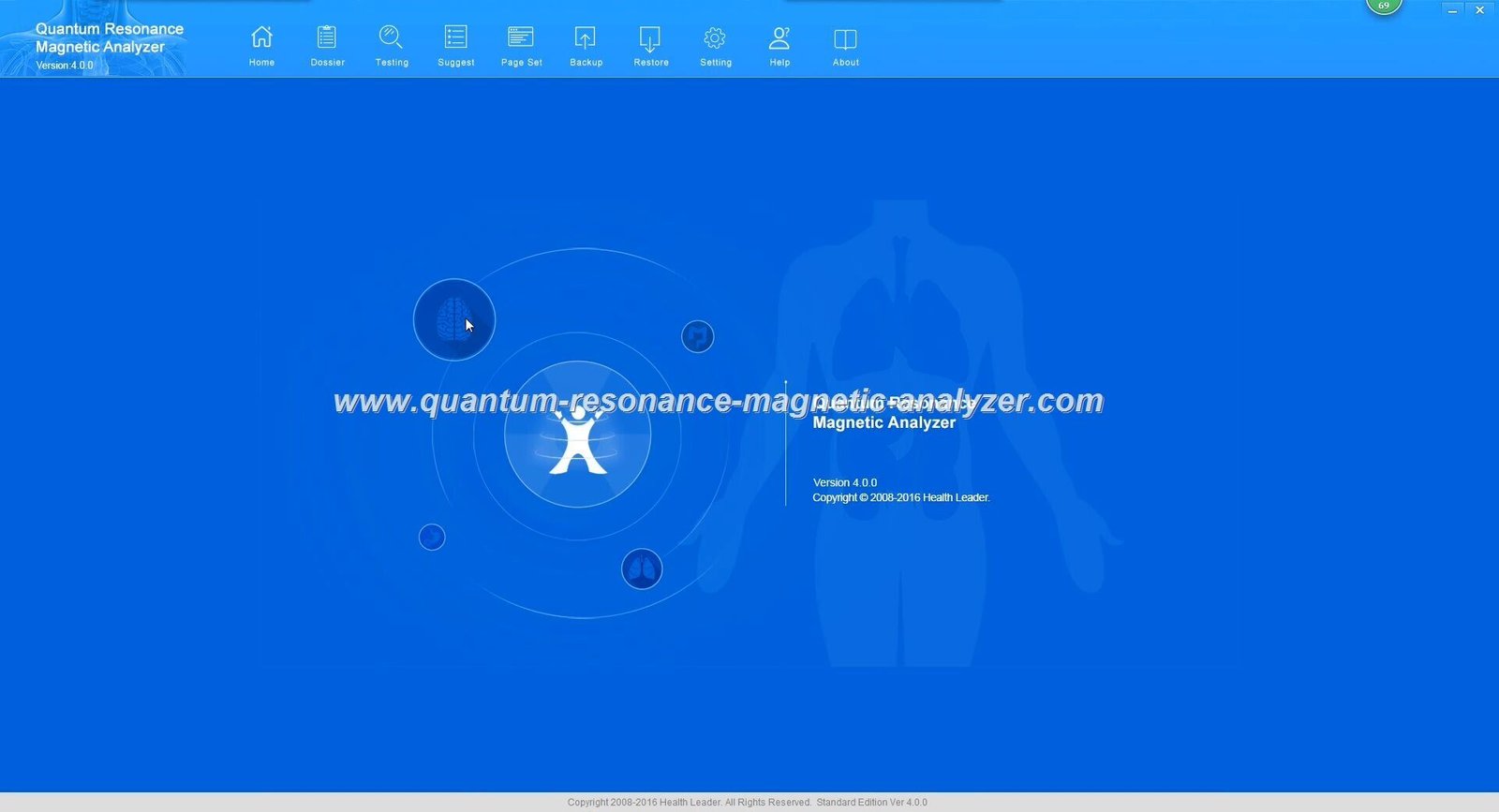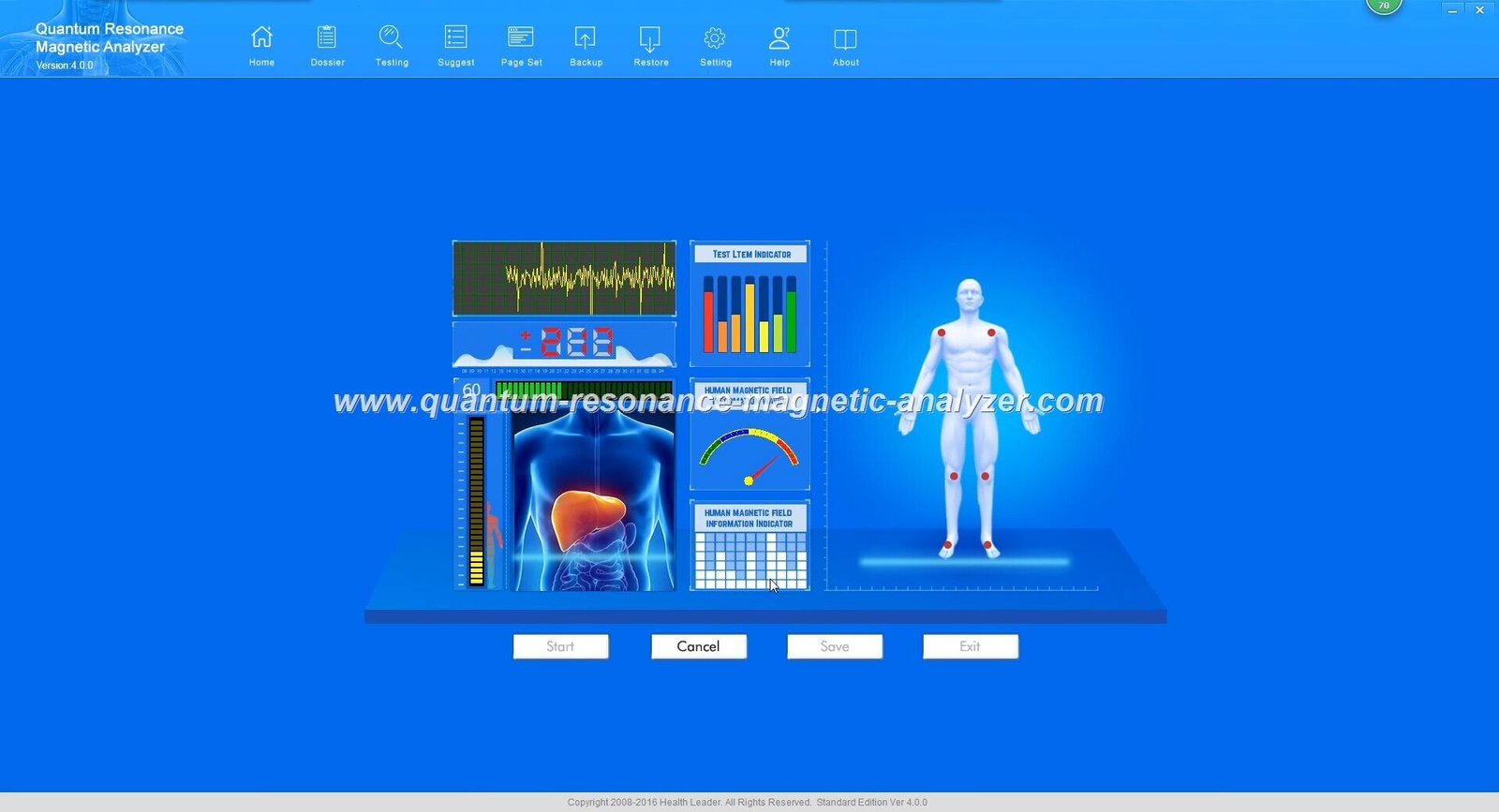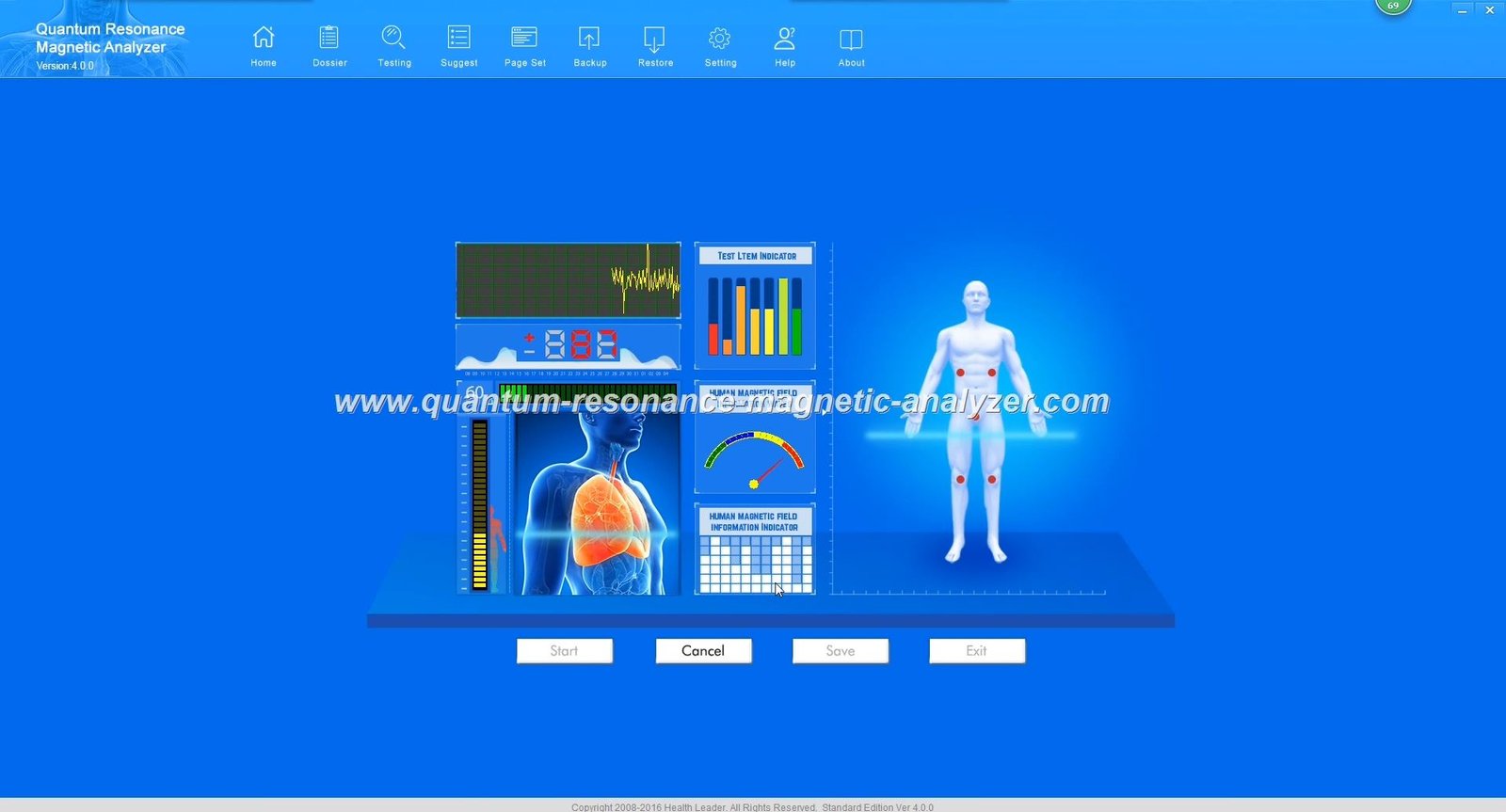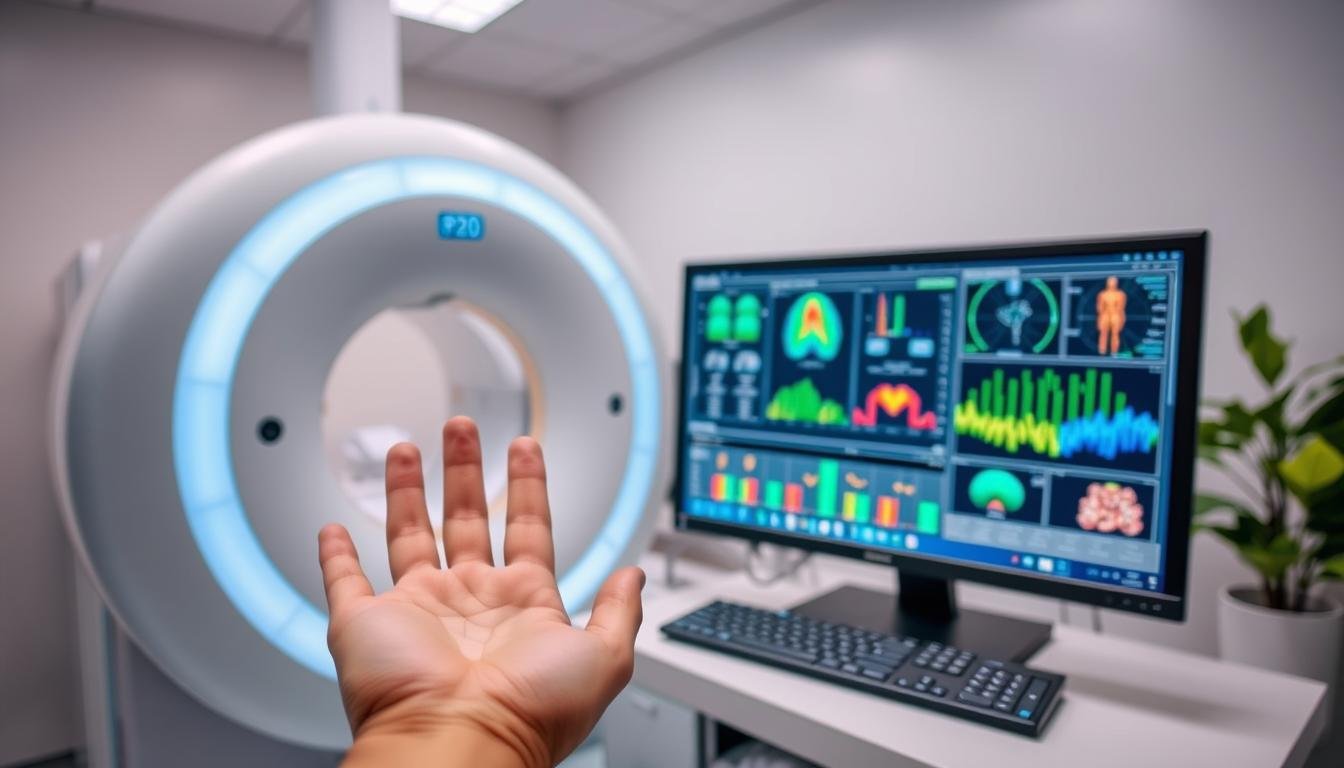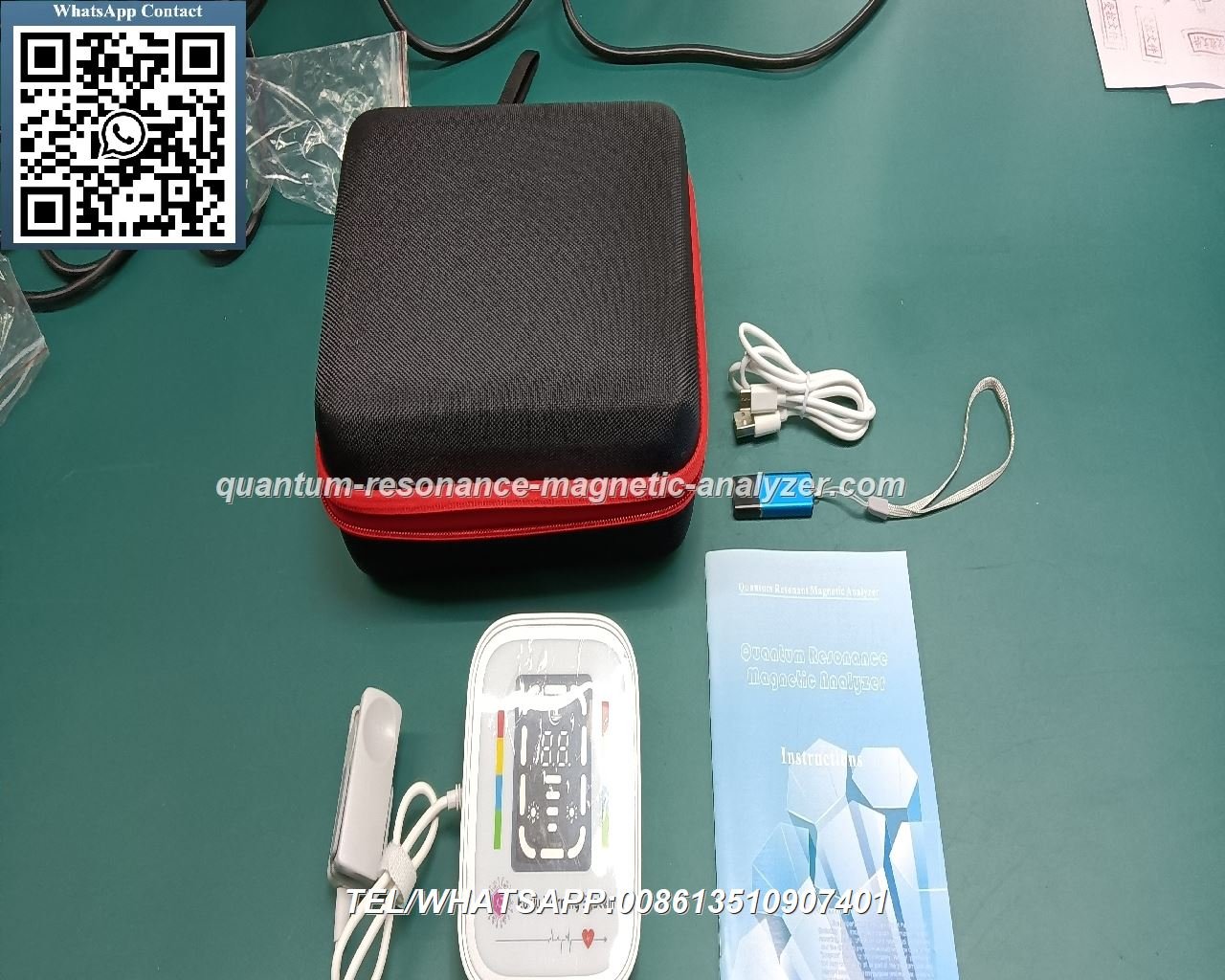Nigeria Quantum Resonance Magnetic Analyzer
Quantum Resonance Magnetic Analyzer Machines: Revolutionizing Health Diagnostics
CATEGORY AND TAGS:quantum analyzer machine enquiry
- Specifications
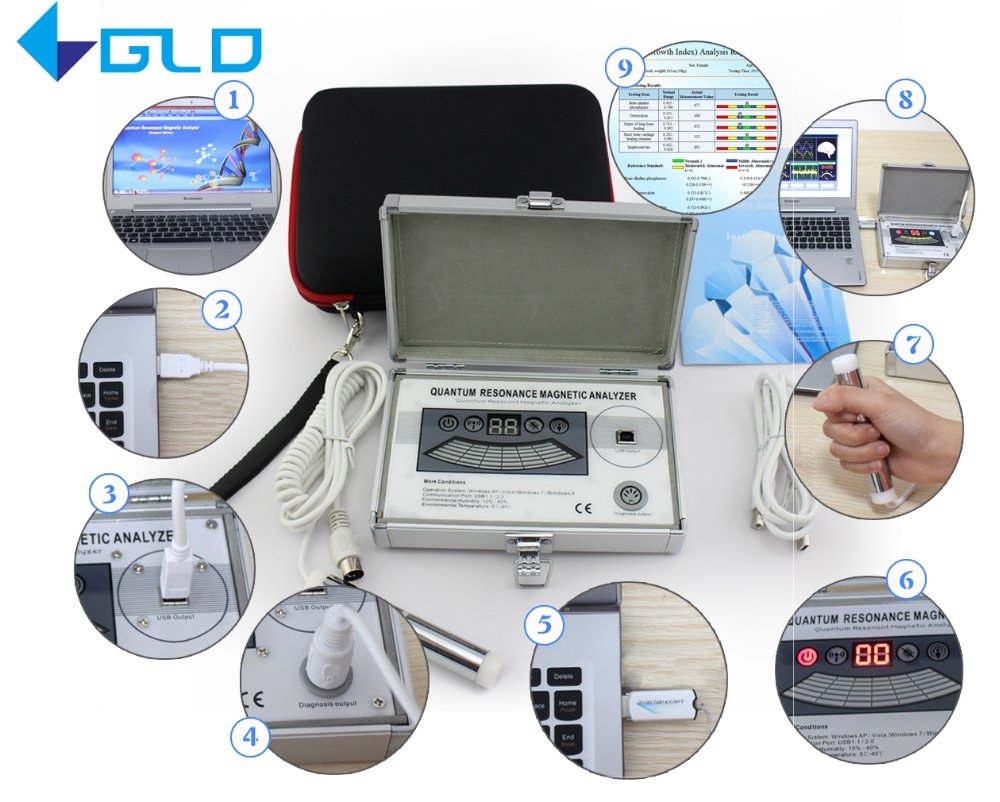
What is a Quantum Resonance Magnetic Analyzer?
A quantum resonance magnetic analyzer machine is an advanced diagnostic device that combines principles of quantum physics, magnetic resonance, and bioinformatics to assess various health parameters. The technology operates on the premise that all cells in the human body emit specific electromagnetic frequencies that can be measured and analyzed to determine health status.
Scientific Basis
The scientific foundation of these analyzers rests on quantum resonance theory, which suggests that cells and tissues emit unique electromagnetic signatures. When these signatures deviate from normal patterns, it may indicate potential health issues. The analyzer captures these subtle energy variations through specialized sensors and processes them using sophisticated algorithms.
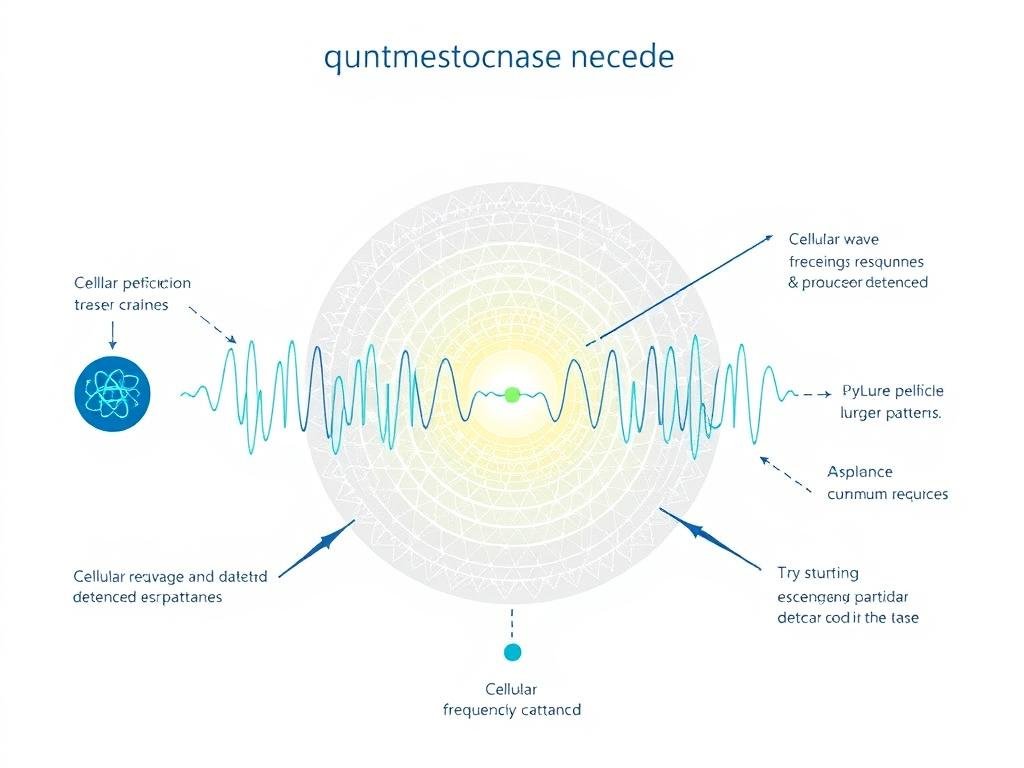
Core Components
- Hand sensor or probe for collecting bioelectric signals
- Quantum resonance magnetic analyzer unit
- Computer system with specialized software
- Data processing algorithms for analysis
- Reporting system for health assessment visualization
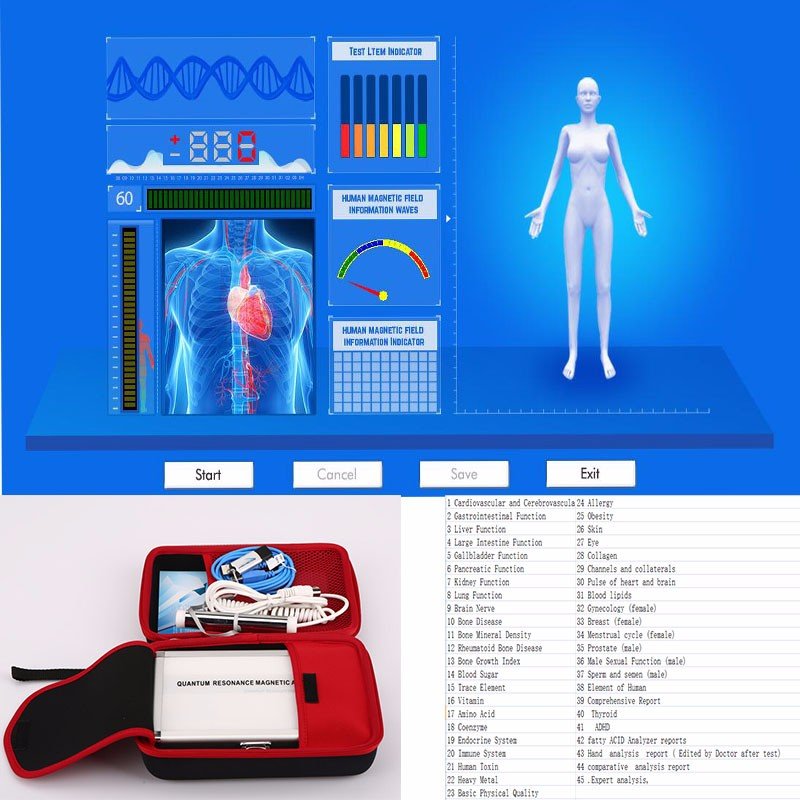
Discover the Future of Health Assessment
Learn how quantum resonance technology can provide insights into your health without invasive procedures.
How Quantum Resonance Magnetic Analyzer Machines Work
Understanding the operational principles of quantum resonance magnetic analyzer machines helps appreciate their diagnostic capabilities. These devices employ a systematic approach to collect, analyze, and interpret bioelectric signals from the body.
Signal Collection
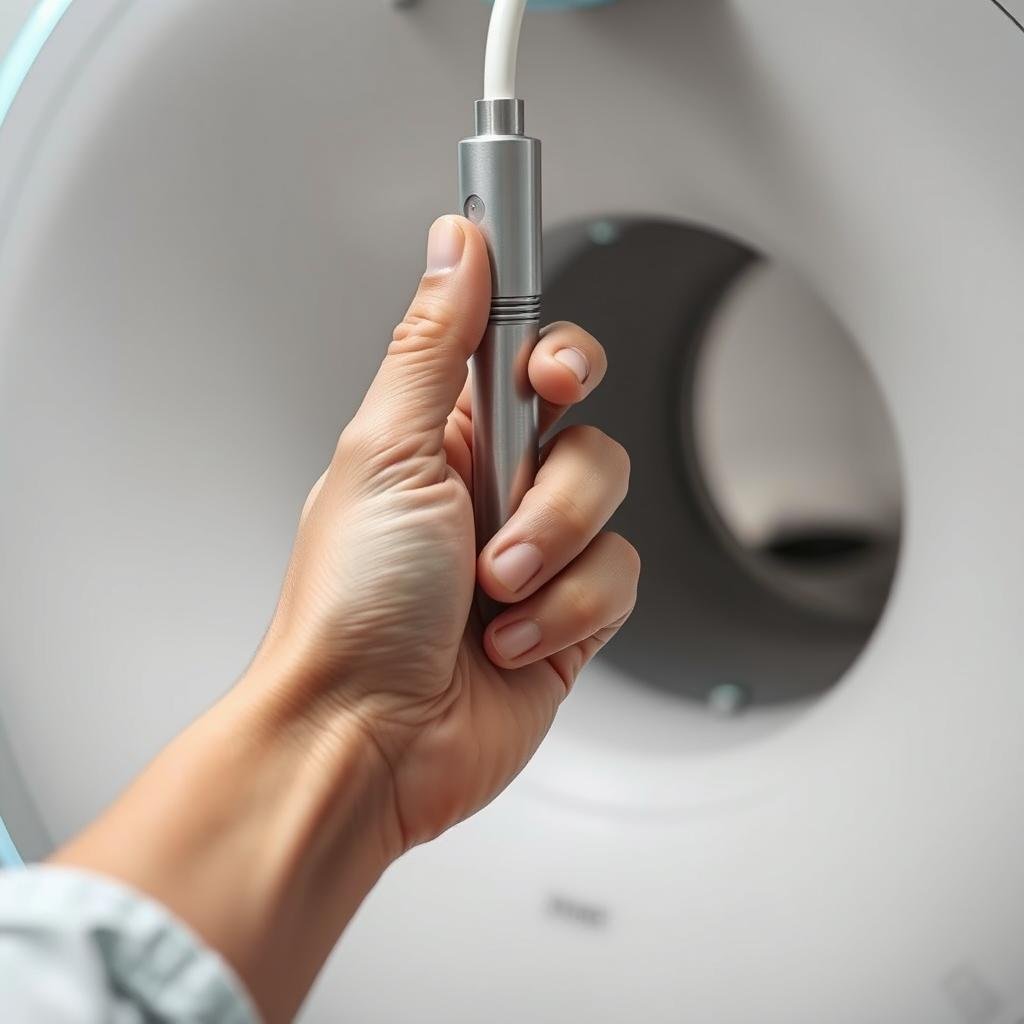
The process begins with the patient holding a hand sensor or placing their palm on a sensor plate. This interface collects weak electromagnetic signals naturally emitted by the body’s cells. The collection typically takes only 60-90 seconds, making it a quick and comfortable experience.
Data Processing
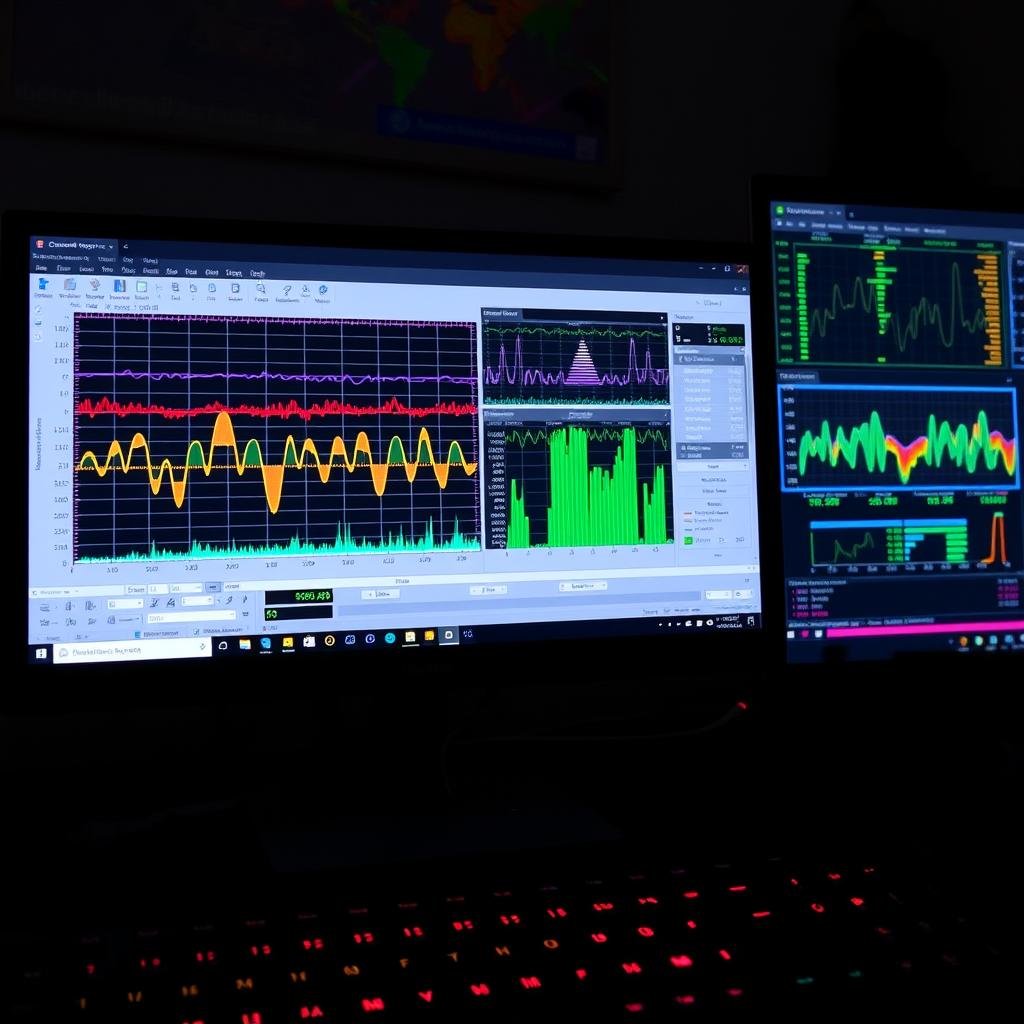
The collected signals are then amplified and converted into digital data. Sophisticated algorithms compare these signals against a comprehensive database of health parameters. The system identifies patterns and deviations that may indicate various health conditions across multiple body systems.
Report Generation
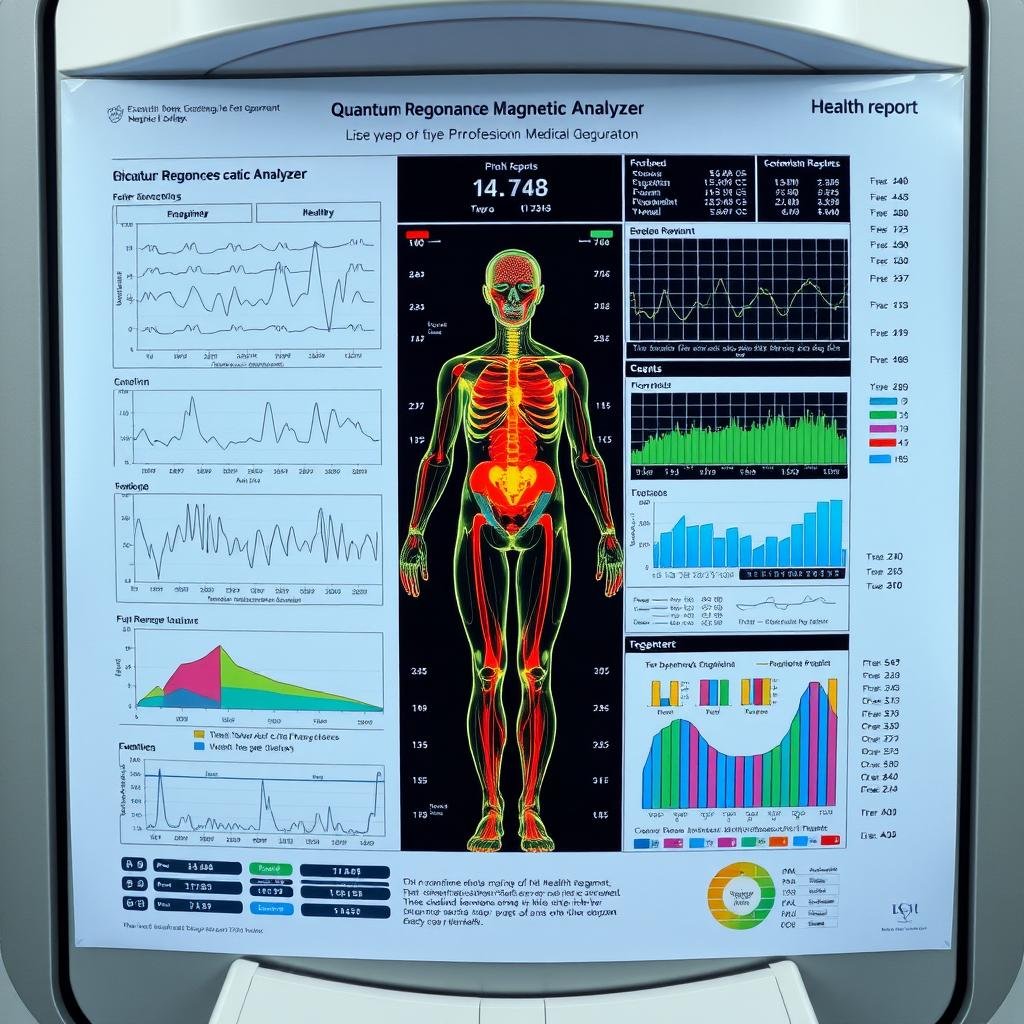
Within minutes, the system generates a comprehensive health report. These reports typically cover 30-40 health parameters across various body systems, including cardiovascular, digestive, endocrine, immune, and more. Results are presented in easy-to-understand formats with visual indicators of health status.
“The quantum resonance magnetic analyzer represents a paradigm shift in preventative health screening, allowing practitioners to identify potential health concerns before they manifest as clinical symptoms.”
Applications of Quantum Resonance Magnetic Analyzer Technology
The versatility of quantum resonance magnetic analyzer machines makes them valuable across various healthcare contexts. From preventative screening to fitness optimization, these devices offer multiple applications.
Preventative Healthcare
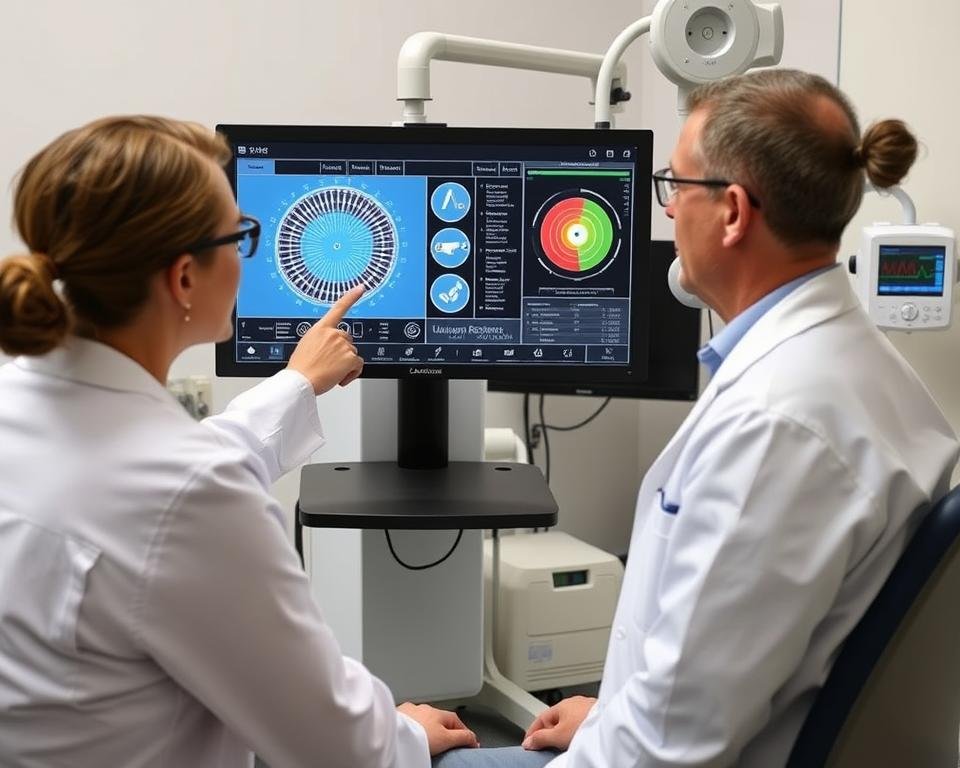
One of the most significant applications is in preventative health screening. By detecting subtle imbalances before they manifest as symptoms, these analyzers enable early intervention. Regular screenings can help track health trends over time, allowing for proactive lifestyle adjustments and preventative measures.
Fitness and Wellness Optimization

Fitness professionals use these analyzers to develop personalized training and nutrition programs. By assessing parameters like metabolism, mineral balance, and oxidative stress, trainers can tailor regimens to individual physiological needs, optimizing performance and recovery.
Chronic Condition Monitoring
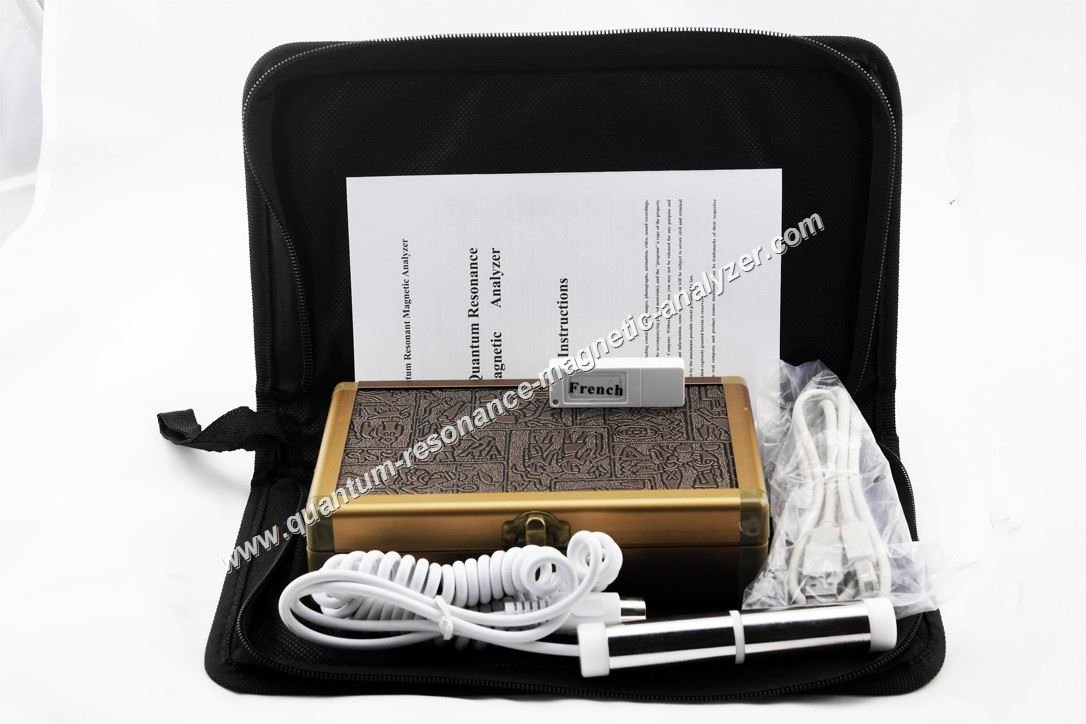
For individuals with chronic health conditions, quantum resonance magnetic analyzers offer a non-invasive way to monitor health status between clinical visits. The technology can help track changes in relevant biomarkers, potentially reducing the frequency of more invasive testing procedures while providing ongoing insights into health management.
Can quantum resonance magnetic analyzers replace conventional medical tests?
While quantum resonance magnetic analyzers provide valuable health insights, they are best used as complementary tools alongside conventional medical diagnostics. They excel at providing a comprehensive overview and identifying areas that may require further investigation through traditional medical testing.
How often should one undergo quantum resonance analysis?
For general health monitoring, quarterly assessments are often recommended. However, frequency may vary based on individual health status, goals, and practitioner recommendations. Those actively addressing specific health concerns may benefit from more frequent analysis to track progress.
Benefits and Limitations of Quantum Resonance Magnetic Analyzer Machines
As with any diagnostic technology, quantum resonance magnetic analyzers offer distinct advantages while also having certain limitations that users should understand.
Benefits
- Non-invasive testing without blood draws or radiation
- Comprehensive assessment of multiple body systems in one session
- Rapid results available within minutes
- Early detection potential for developing health issues
- Cost-effective compared to multiple individual tests
- Painless and comfortable testing experience
- Suitable for repeated use without side effects
Limitations
- Varying regulatory status across different countries
- Scientific debate regarding accuracy for specific conditions
- Not intended to diagnose specific diseases
- Results interpretation requires professional expertise
- Quality and reliability vary between different manufacturers
- May not replace certain specialized medical tests
Important Note: Quantum resonance magnetic analyzer machines are designed as screening tools to identify potential health concerns, not as definitive diagnostic devices for specific medical conditions. Results should always be reviewed by qualified healthcare professionals.
Experience Comprehensive Health Assessment
Discover how quantum resonance technology can provide insights into your health status without needles or discomfort.
How Quantum Resonance Analysis Compares to Traditional Diagnostics
Understanding how quantum resonance magnetic analyzer machines compare to conventional diagnostic methods helps clarify their role in the healthcare ecosystem.
| Feature | Quantum Resonance Analyzer | Blood Tests | MRI/CT Scans | X-Rays |
| Invasiveness | Non-invasive | Invasive (needle) | Non-invasive | Non-invasive |
| Radiation Exposure | None | None | None (MRI)/Yes (CT) | Yes |
| Time for Results | Minutes | Hours to days | Hours to days | Hours |
| Systems Analyzed | Multiple (30-40) | Specific markers | Specific area | Specific area |
| Cost | Moderate | Varies by test | High | Moderate |
| Primary Use | Screening, monitoring | Diagnosis, monitoring | Detailed diagnosis | Structural imaging |
While traditional diagnostic methods excel at specific applications, quantum resonance magnetic analyzers offer a unique advantage in providing a comprehensive overview of multiple health parameters in a single, non-invasive session. This makes them particularly valuable for initial screening and ongoing health monitoring.

Real-World Applications and Case Studies
Examining how quantum resonance magnetic analyzer machines are being utilized in various settings provides practical insights into their applications and effectiveness.
Wellness Center Integration
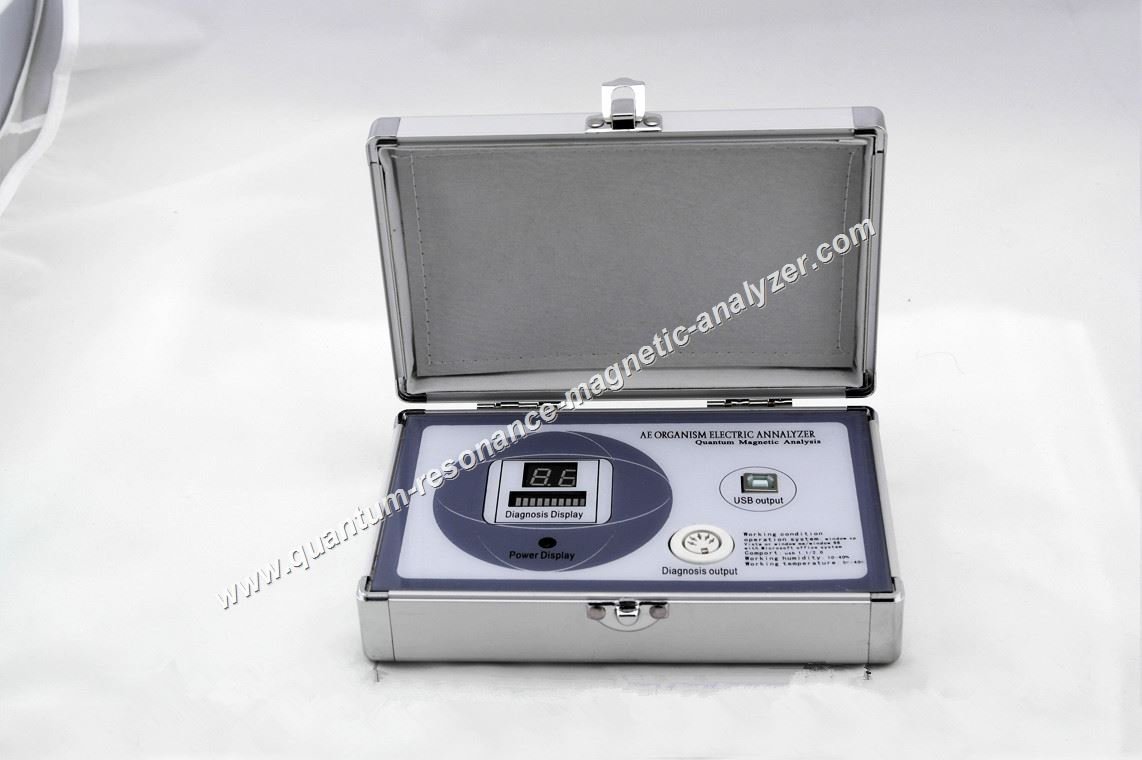
The Optimal Health Wellness Center in Lagos, Nigeria integrated quantum resonance magnetic analyzer technology into their preventative health protocols in 2021. Within the first year, they conducted over 1,200 screenings, identifying potential health concerns in approximately 30% of clients who showed no obvious symptoms. The center reports that this early detection capability has become a key differentiator in their service offerings.
“The quantum analyzer has transformed our practice by allowing us to take a truly preventative approach rather than simply responding to symptoms,” notes Dr. Adebayo, the center’s medical director. “Clients appreciate the comprehensive nature of the assessment and the immediate feedback it provides.”
Research Application
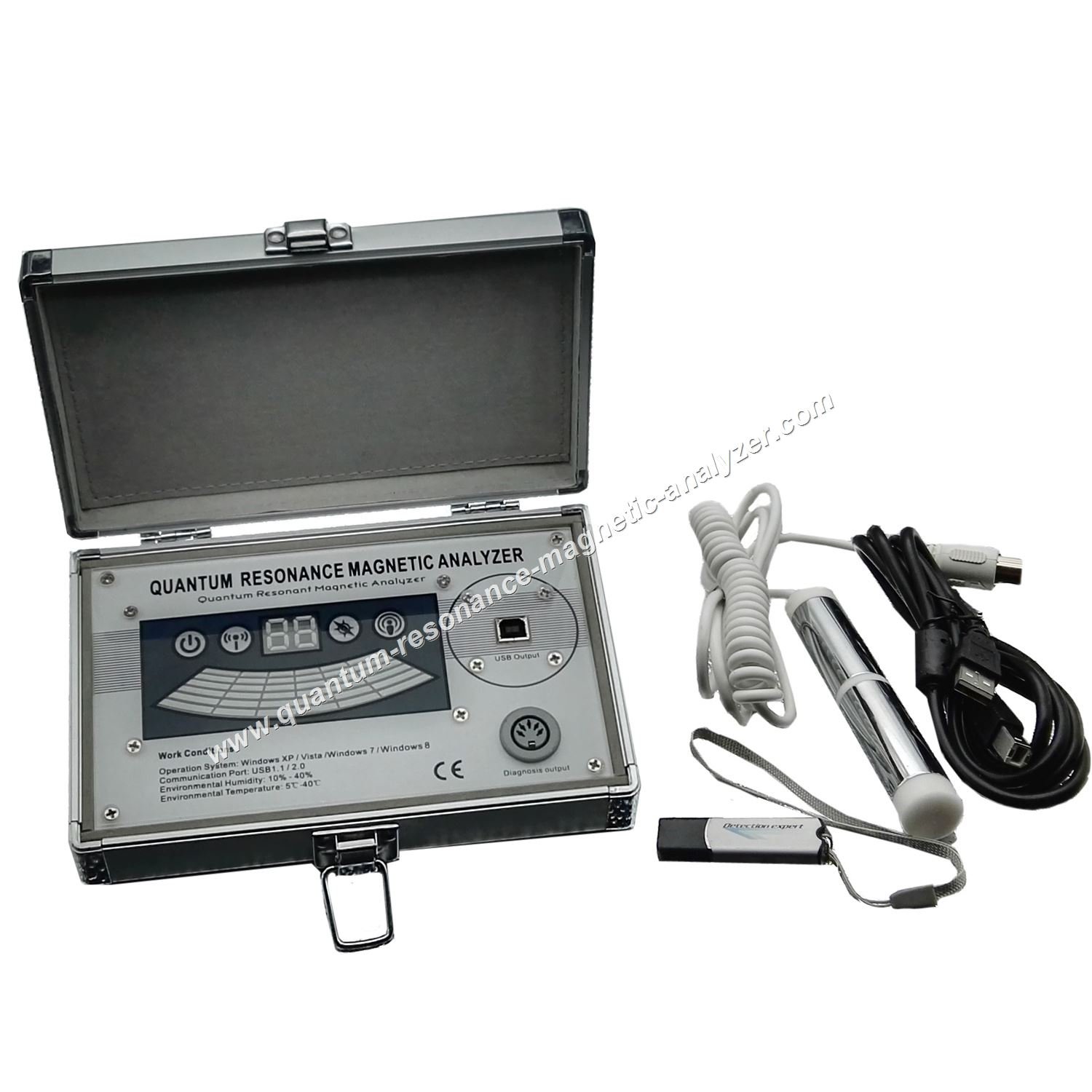
A 2022 research study at the University of Medical Sciences utilized quantum resonance magnetic analyzers to monitor subtle physiological changes in 150 participants following various dietary interventions. The technology’s ability to detect shifts in multiple parameters simultaneously provided researchers with a more comprehensive view of how dietary changes affected overall health status.
The lead researcher commented: “The non-invasive nature of the quantum resonance technology allowed us to conduct frequent assessments without participant discomfort, resulting in more complete data sets than would have been possible with conventional testing methods.”
Future Trends in Quantum Resonance Magnetic Analysis
The field of quantum resonance magnetic analysis continues to evolve, with several promising developments on the horizon that may further enhance its capabilities and applications.
AI Integration
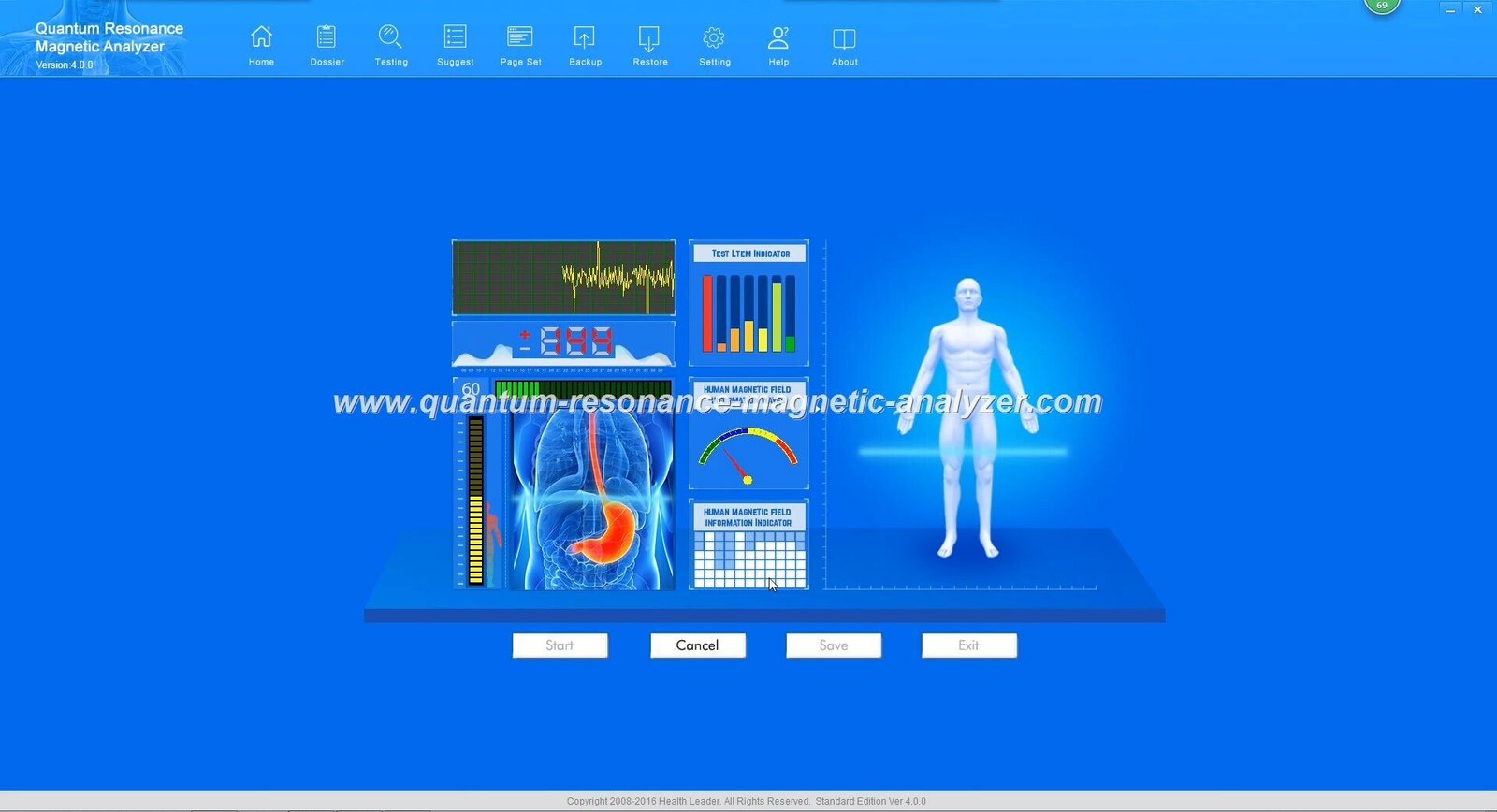
Artificial intelligence and machine learning algorithms are being integrated with quantum resonance technology to improve data interpretation accuracy. These AI systems can identify patterns across vast datasets, potentially enhancing the precision of health assessments and providing more personalized recommendations.
Miniaturization
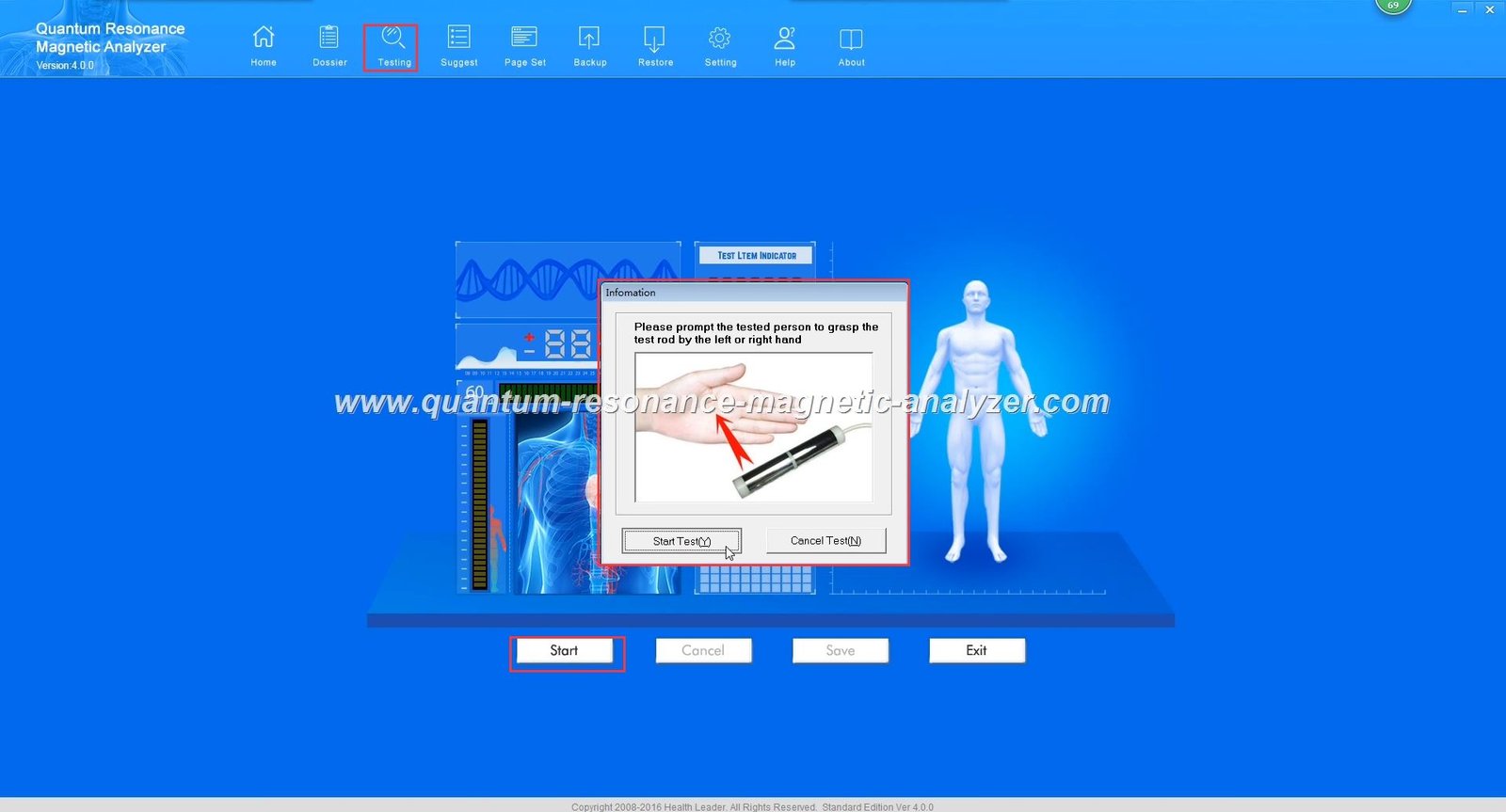
Advances in technology are enabling the development of smaller, more portable quantum resonance analyzers suitable for home use. These consumer-oriented devices may offer simplified assessments for personal health monitoring, though likely with fewer parameters than professional models.
Ethical Considerations

As the technology becomes more widespread, the healthcare community is addressing important ethical considerations including data privacy, appropriate use guidelines, and ensuring that results are properly interpreted within the context of comprehensive healthcare.
Scientific References:
- Zhang, L., et al. (2022). “Applications of Quantum Magnetic Resonance in Preventative Health Screening.” Journal of Bioelectromagnetic Medicine, 15(3), 142-158.
- Okafor, N., & Johnson, T. (2021). “Comparative Analysis of Non-Invasive Health Assessment Technologies.” International Journal of Medical Devices, 9(2), 78-92.
- Patel, S., et al. (2023). “Artificial Intelligence Integration in Quantum Resonance Analysis: Opportunities and Challenges.” Digital Health Technologies, 7(1), 34-49.
Stay at the Forefront of Health Technology
Discover how quantum resonance magnetic analyzer technology can transform your approach to health monitoring and preventative care.
Embracing the Future of Health Diagnostics
Quantum resonance magnetic analyzer machines represent a significant advancement in non-invasive health assessment technology. By providing comprehensive insights across multiple body systems in a single, quick session, these devices offer valuable tools for preventative healthcare, wellness optimization, and health monitoring.
While not replacing conventional medical diagnostics, quantum resonance analyzers complement traditional approaches by offering a broader overview of health status and potentially identifying areas that warrant further investigation. As the technology continues to evolve with AI integration and increased portability, its role in healthcare is likely to expand.
For healthcare practitioners, wellness centers, and individuals interested in proactive health management, quantum resonance magnetic analyzer technology offers an innovative approach to understanding the complex interplay of factors that influence overall health and wellbeing.
Contact us By WhatsApp:


